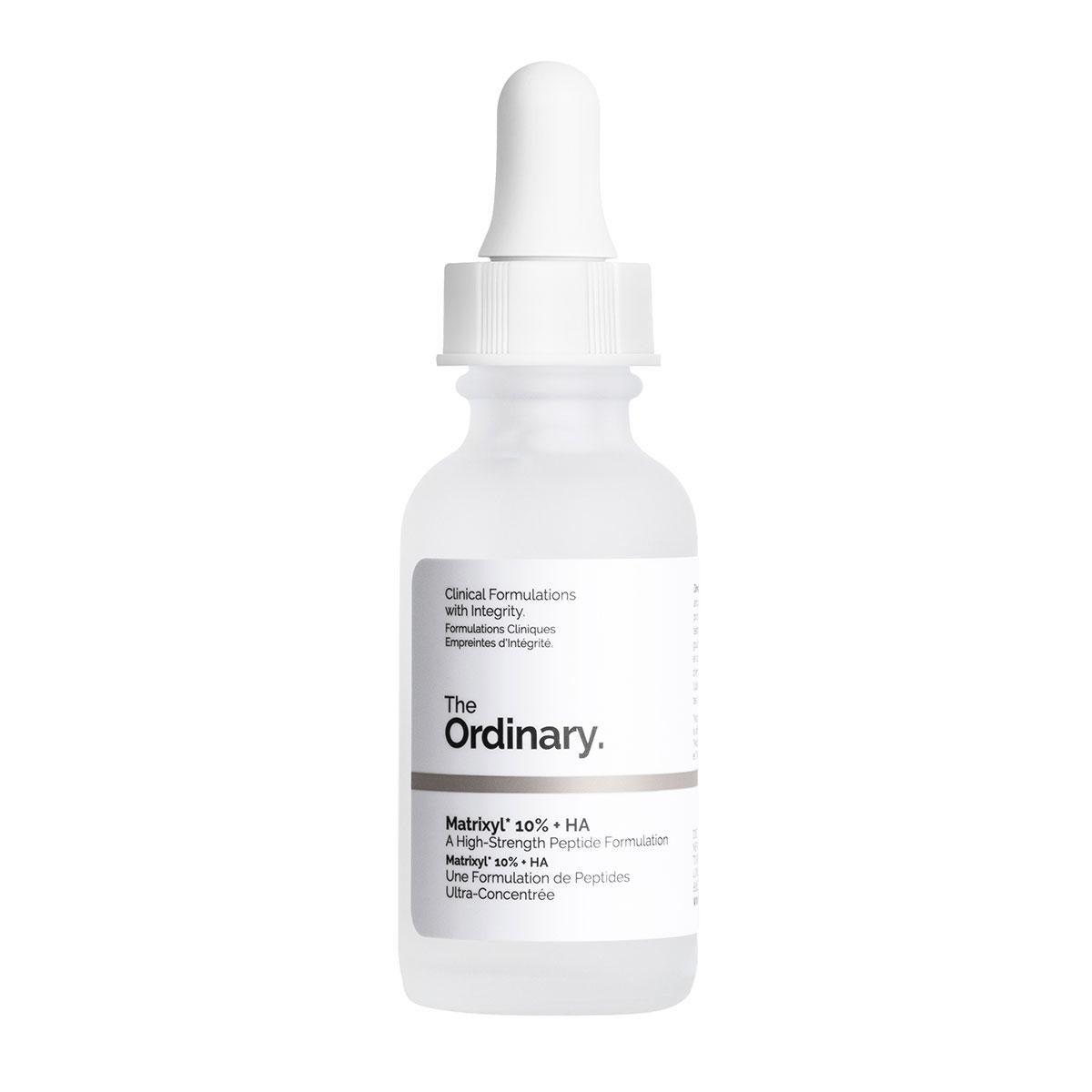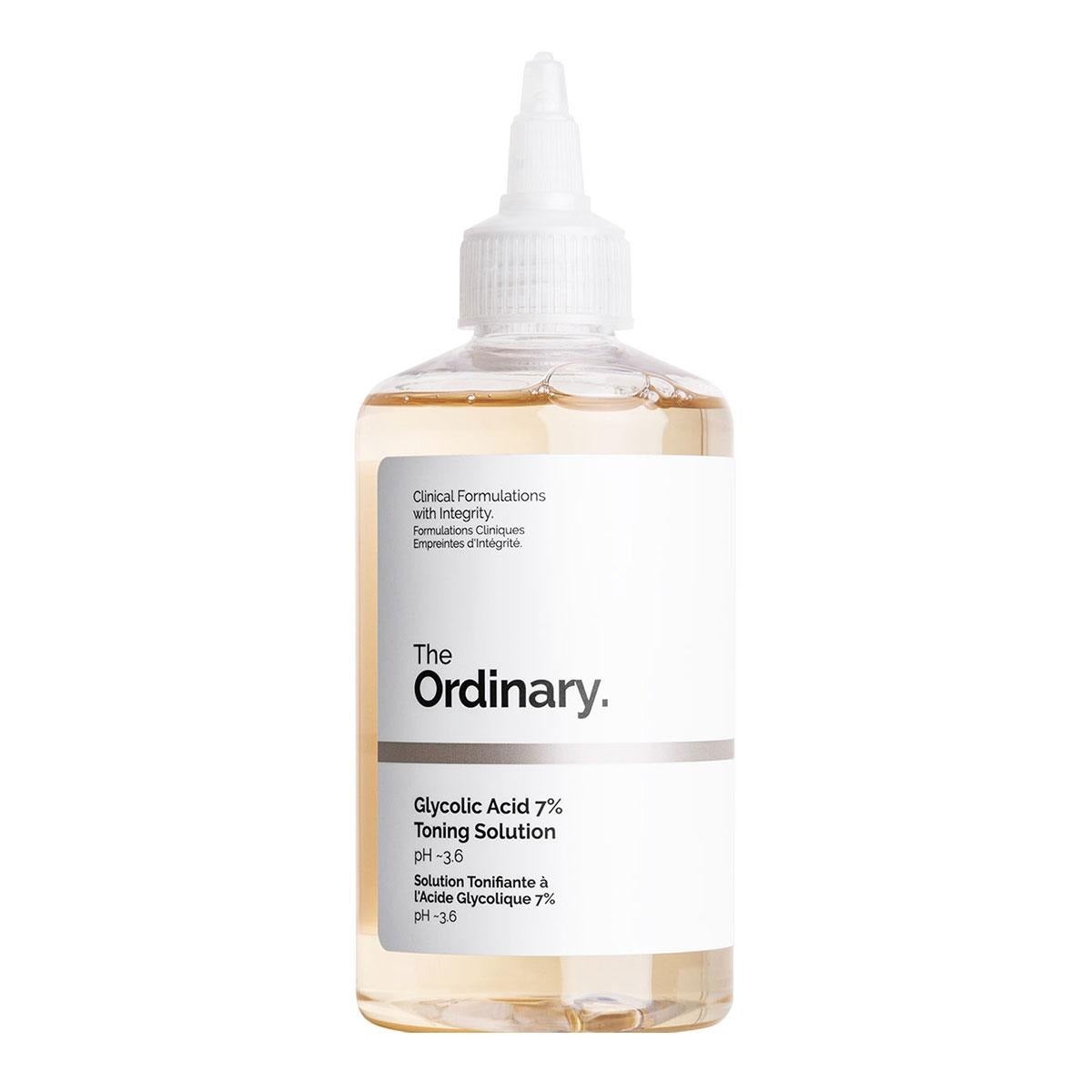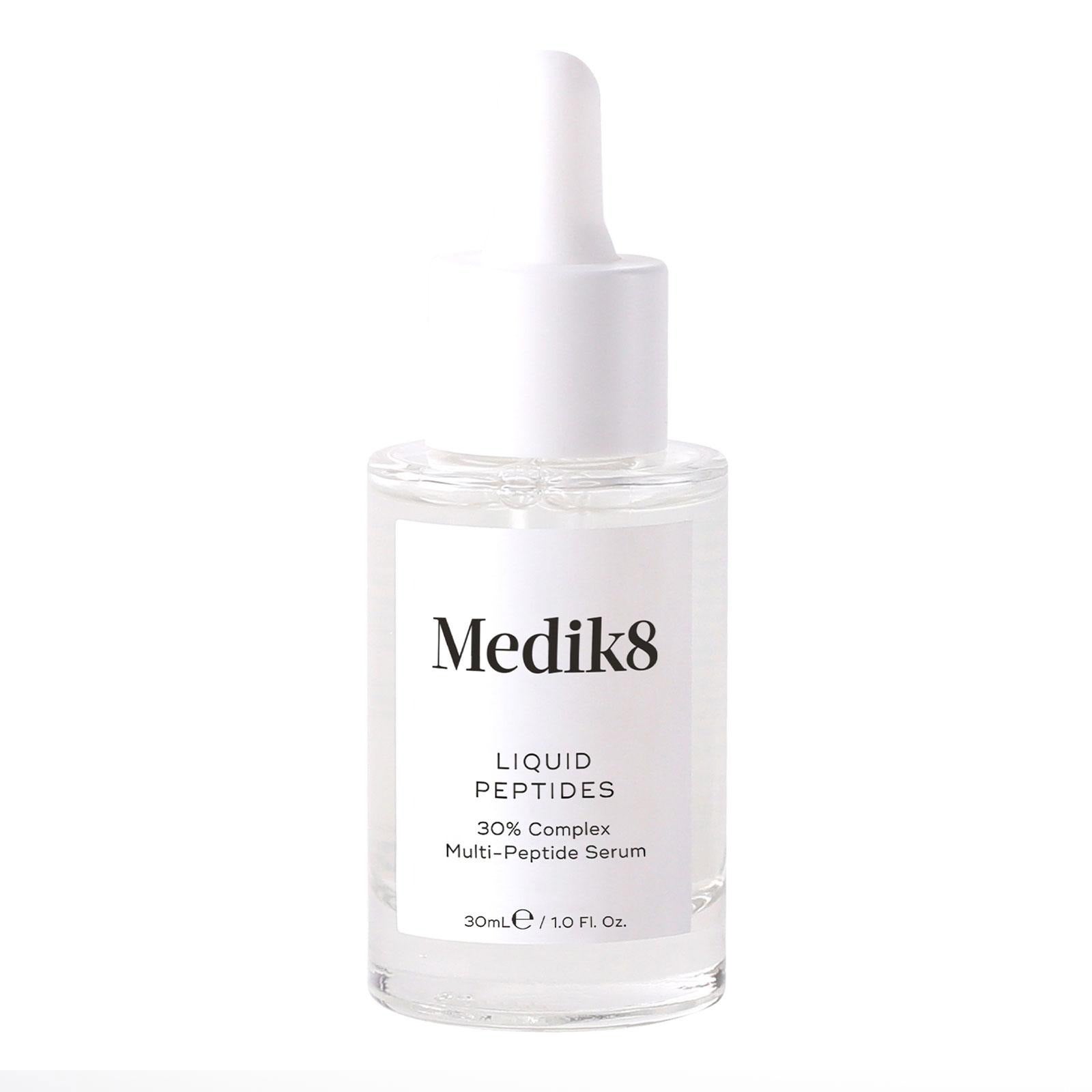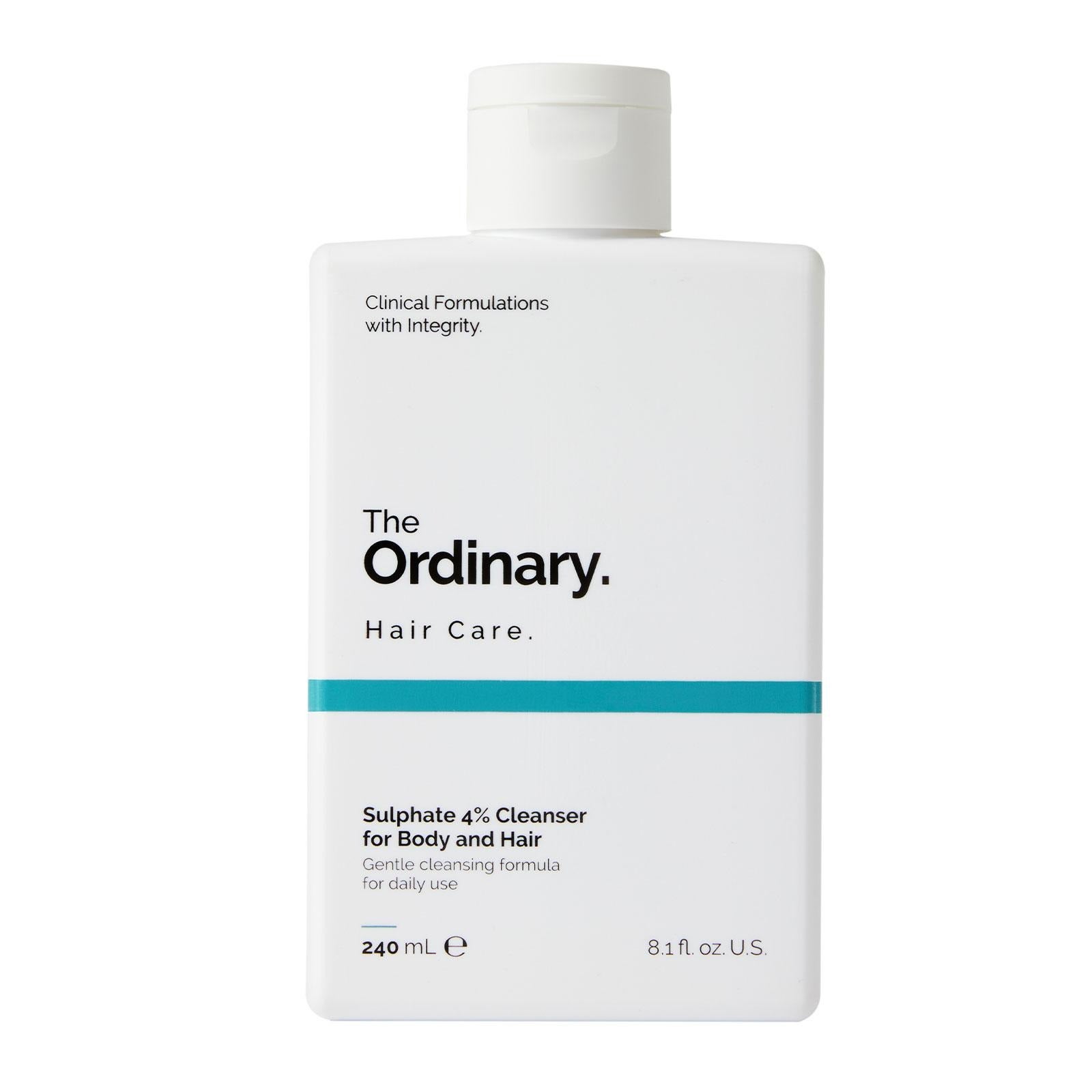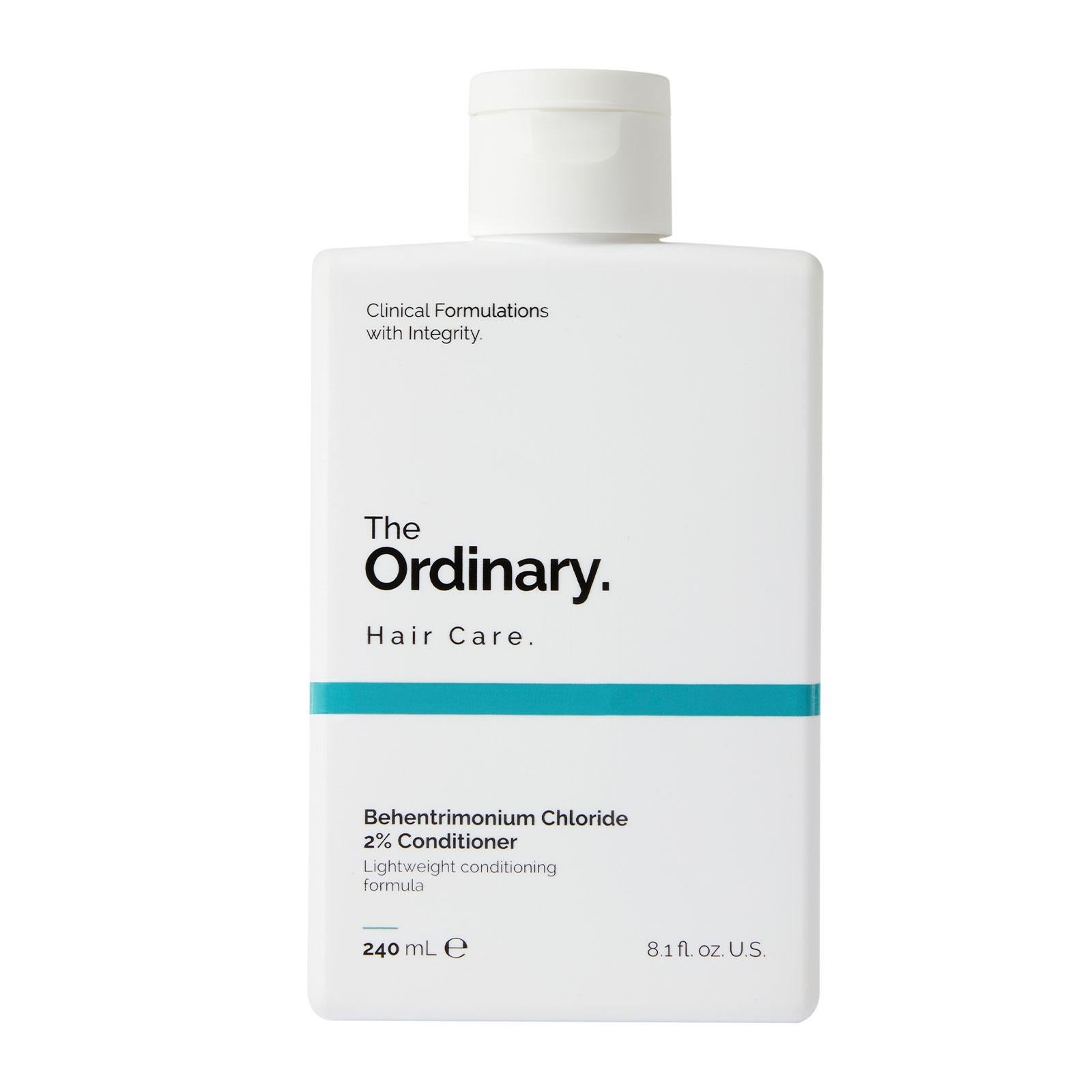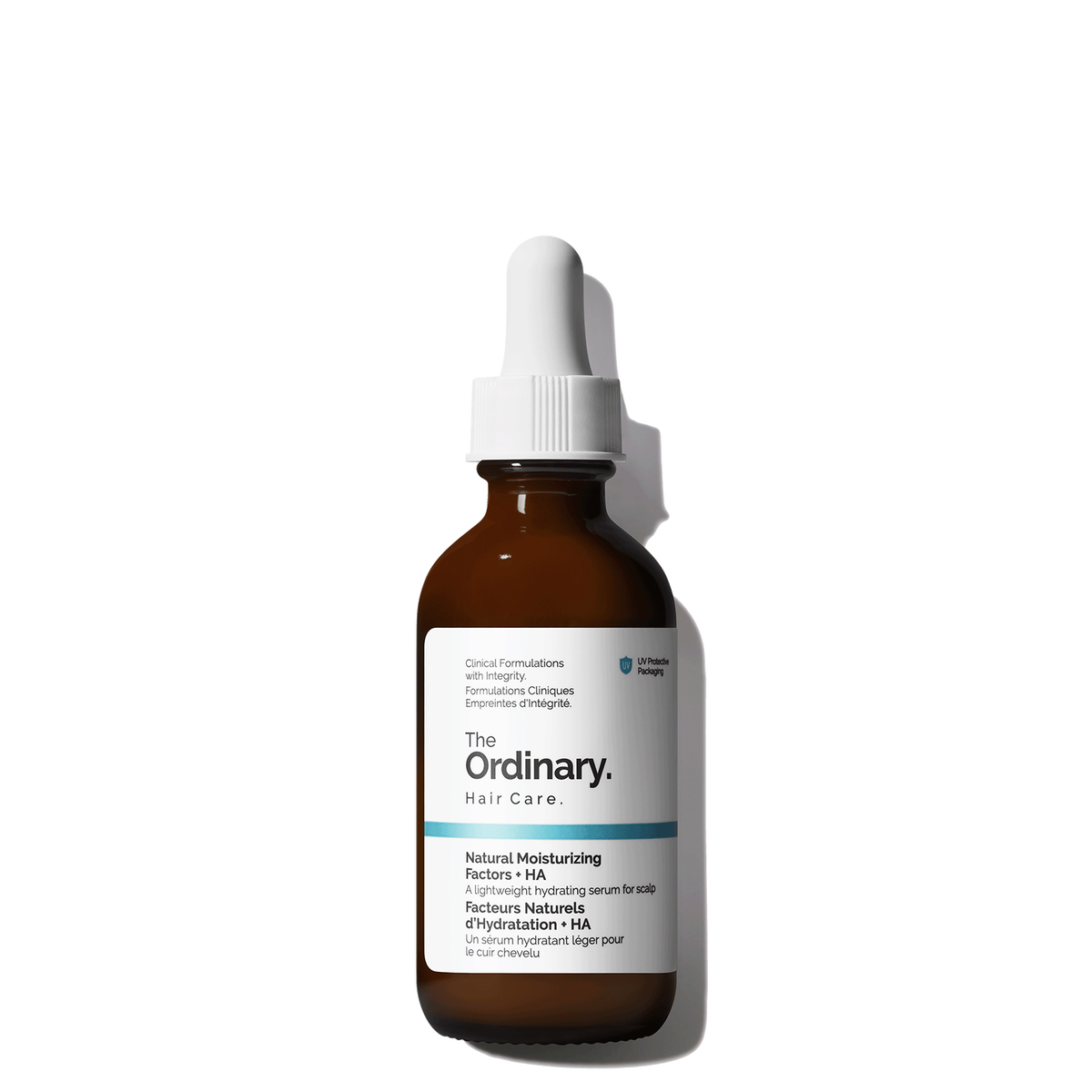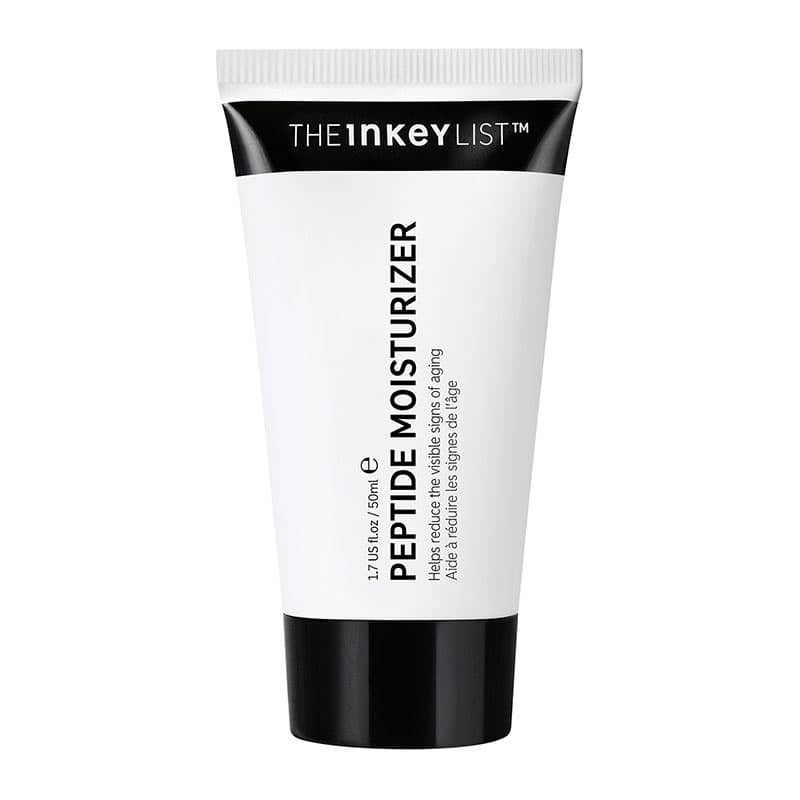The Smartest Spring Skincare Advice, By The Experts At The Ordinary
Designed by Dionne Pajarillaga.
All linked products are independently selected by our editors. If you purchase any of these products, we may earn a commission.
Seven years after Nicola Kilner and the late Brandon Truaxe launched The Ordinary, it refuses to be knocked off its perch as one of the world's most popular beauty brands. If your AM/PM routine doesn't contain at least one of its products, you've no doubt seen TikTokers extolling the virtues of buys like the glycolic acid toner (which some people even use as deodorant, a dandruff remedy and a solution for cracked heels). That's not forgetting the hype which ensued when it was discovered that combining Argireline Solution 10%, £9.20, and Matrixyl 10% + HA, £10.40, is like Botox in a bottle.
AdvertisementADVERTISEMENT
In other words, The Ordinary team always knows what's hot (and what's not) when it comes to beauty trends. We caught up with Kilner, who divulged the new season skin and haircare movements to watch out for — and as you might've guessed, they're all affordable game-changers.
If you like retinol, try matrixyl
If you're after smooth and rejuvenated skin, Kilner touts matrixyl as an unsung hero in the beauty world. A small study compared it to retinol and found that it worked similarly to minimise fine lines, which is why it is often championed as a non-irritating alternative. Used too often or in the wrong way, retinol can cause skin sensitivity like flaking and redness. If you're wary (especially ahead of the sunnier months, when skin is a little more exposed) you might want to try matrixyl instead. It's a protein, which is focused on the appearance of lines, says Kilner, and works to repair skin. Layered under moisturiser, matrixyl lends a plump and hydrated look, which is why TikTokers everywhere are becoming a little obsessed with it.
As more brands catch on, the ingredient isn't specific to The Ordinary, though its Matrixyl 10% + HA £10.40, is popular for a reason. Also try Medik8's Liquid Peptides, £47.
AdvertisementADVERTISEMENT
Rethink how you use glycolic acid
The hype for glycolic acid (an exfoliating and brightening skincare ingredient) refuses to run out. The brand's Glycolic Acid Toning Solution, £11.50, has millions of TikTok views, but Kilner has noticed a trend for using it on other areas of the body — most intriguingly on hair, like TikToker An Nguyen. She enlists it as a pre-wash treatment for 10 minutes before shampooing and conditioning. "If you have dandruff on your scalp, and even if you don't, people are using it as a scalp exfoliator," says Kilner, "but the other one that's interesting is people using it on their actual hair — strands of hair."
Kilner asked Deciem's science communications associate manager Rita J. Silva how it would work. "Rita explained that it could make hair shinier and smoother," says Kilner. The Ordinary is all about science, and hair has a negative charge naturally. As a result it's attracted to the positive charge of glycolic acid. No charge = no static.
@phithegoldenskin Glycolic Acid on hair ? #haircareroutine #hairtok #theordinary ♬ original sound - AnNguyen/Hair, Skin, Makeup
To Kilner, however, the most interesting hack is using glycolic acid to help with cracked heels ahead of sandal weather, which TikTokers say is better than slathering on unctuous creams and balms. "I've tried that one and it does work but what I would say is that the team wouldn't use this product on underarms," Kilner explains, referring to the trend for using glycolic acid as deodorant. "It's a very enclosed space and you could change the pH of your skin," causing skin issues.
AdvertisementADVERTISEMENT
Sulphates are great, actually
The clean beauty movement has demonised countless useful beauty ingredients, one of them being sulphates. But The Ordinary is on course to bring them back to both hair and skincare. "We've always been very anti the clean movement," says Kilner. "We've always felt like selling products through fear-mongering isn't a good thing and when we started looking into the best ingredients to really clean the hair and the body, we realised that there are so many incredible things about sulphates." Kilner explains that the use of sulphates has become so high in many formulas that brands have to put other things into those products to counteract the effects. The Ordinary's Cleanser For Body & Hair, £8.80, features just under 4% of the ingredient, which is the perfect balance. "If you've got a heavy pan that you've cooked a casserole or a stew in, you need a good detergent to clean it. Actually, your skin and hair is similar, and you need a good surfactant to get clean."
Shining a light on sulphates is giving way to spring's biggest skin and hair trend: multifunctional routines. "My children have one head-to-toe wash," says Kilner. "Why is that fine for babies but as adults we need all these different products? This spring, we'll see a trend towards people becoming minimalist in terms of their routines and products they're buying. Everyone wants something so specific but anything we're designing for the face you could use anywhere on the body — it's all skin."
AdvertisementADVERTISEMENT
Peptides are the ultimate skin saviour
Peptides have been thrown around in skincare ads for a while now but don't sleep on them — particularly if you're inspired to strip back your makeup this spring. "Peptides are a phenomenal skincare ingredient and there are many types of them," says Kilner. "I always remember back to when Brandon used to teach me everything and he said that a glass of milk is full of peptides." They are around in so many things, explains Kilner, but they have a very focused way of working on the skin for strengthening the skin barrier and smoothing skin texture. "They're super strong," says Kilner, and have the ability to repair damaged skin over time.
Look for peptides in targeted serums or moisturisers. R29 rates The Inkey List Peptide Moisturiser, £16, and Shani Darden Skin Care Hydration Peptide Cream, £55.
Don't get too caught up on your skin barrier
Kilner pinpoints one of the biggest trends at the moment as looking after our skin barrier. Overdoing it on ingredients like retinol and strong exfoliating acids has the potential to irritate the barrier, causing sensitivity. But if you don't have this issue, dedicated skin barrier products aren't really necessary. "We try and stay out of trends because they are never true to science," says Kilner. "You might feel as though you need a specific product to promote the skin barrier but when we look at our products, many of them include ingredients that protect it, anyway." Kilner says that skincare marketing is really good at pushing us into buying products we don't really need. If you've got a good skincare routine that you're happy with and you're using good products, they should already be looking after your skin barrier. A targeted skin barrier product isn't a must.
AdvertisementADVERTISEMENT
Headcare is the new skincare
"Your scalp is just an extension of your face," says Kilner, who advocates taking care of your hair follicles and scalp just like you'd tend to your face in the morning and evening. "Your hair is dead as soon as it has left the hair follicle so you can't do much for your hair other than seal it and clean it," says Kilner. "To really make a long-lasting difference to the strength and health of your hair, it needs to happen in the hair follicle." This is why she thinks it's so important to use a scalp serum. "Hydrating the skin is a basic necessity that we have to get right — and that extends to the scalp," says Kilner. The brand's Natural Moisturising Factors + HA, £12.60, has a handful of reviews from those with sensitive, dry and flaky scalps. Another customer mentioned that they use it as a facial serum, which Deciem's chief scientific officer supports, too.
AdvertisementADVERTISEMENT







